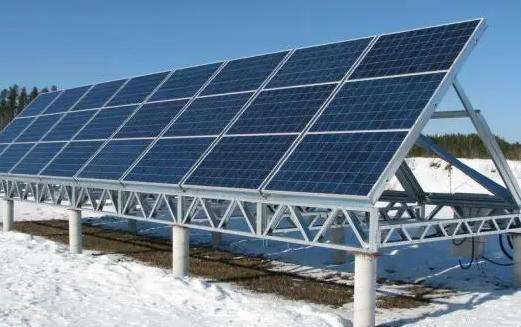For synchronous generators with closed cycle ventilation and cooling, the main reason for condensation in the hydrogen cooler is: the gas filled after overhaul of the generator and the gas filled during operation contain excess water vapor, and the cooling of the chiller The water temperature is low, and the dust particles attached to the surface of the chiller condense into water droplets, especially when the difference between the water temperature of chiller cooling and generator wind temperature is large.
1. Closed-loop air cooling
For turbogenerators less than 50,000 kilowatts, a closed-loop air cooling system is often used and the engine fan is used. blow the heating components to cool them.
2. Hydrogen cooling
For generators of ae capacity of 50,000 to 600,000 kilowatts, hydrogen cooling is widely used. The heat dissipation performance of hydrogen (purity 99%) is better than that of air, and the heat dissipation effect is good. It can significantly reduce the ventilation friction loss of the engine, thereby greatly improving the efficiency of the generator. Explosion-proof and leak-proof measures must be taken when using hydrogen cooling, which makes the engine structure more complex and increases the consumption and cost of electrode materials.
3. Liquid Cooling
The relative cooling capacity of water is 50 times that of air. To remove the same heat, the flow rate of water required is much lower than that of air. air. Therefore, the use of hollow wires in the coil and the passage of water through the wires for cooling can reducegreatly re-increase motor temperature, delay insulation aging and extend motor life.
Detailed information
Strictly treated hydrogen for cooling can ensure that the inside of the generator is clean, the ventilation and cooling effect heat dissipation is stable, and there will be no problems caused by dirt.
Hydrogen contains very little oxygen, less than 2%, and does not support combustion. Even if a short circuit fault occurs inside the generator, there is no risk of fire, which can greatly reduce the degree of combustion. Damage caused by fault. In hydrogen there is less noise and the insulating materials are less susceptible to oxidation and corona damage.
The hydrogen in the generator must maintain the specified purity to ensure the operating performance of the generator and avoidthe explosions. For this purpose, a hydrogen supply device must be installed.
Reference documents:
Baidu Encyclopedia - Generator













